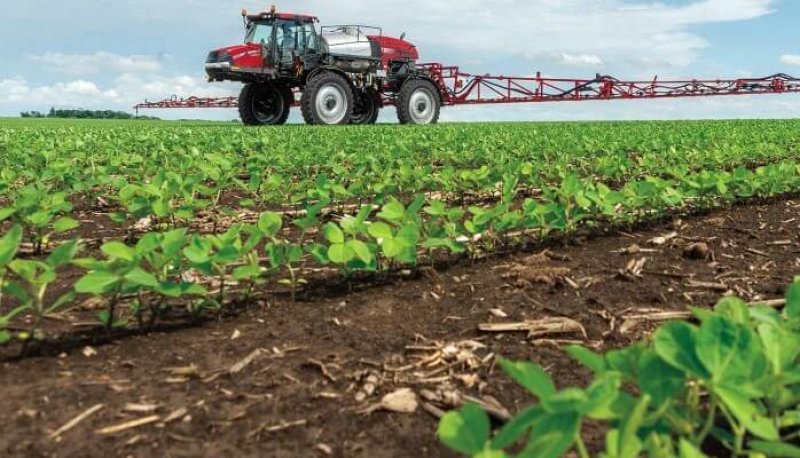Had it proceeded as planned, dicamba-tolerant soybean technology would be receiving rave reviews in 2020. In its four years of commercial release, the four dicamba formulations labeled for dicamba-tolerant soybeans give excellent weed control.
…
On the other hand, dicamba-tolerant technology has ended up in court. A federal jury last February awarded Bader Farms, a Campbell, Missouri, peach farm, $265 million as compensation for off-target dicamba damage. Bader Farms v. Monsanto was the first-filed dicamba crop-damage case in the United States. BASF and Bayer were the defendants in this case.
…
“The law is clear that if you sell a product and if you foresee a use that is dangerous to the public, then you have an obligation to take steps and not sell it,” says Billy Randles, an attorney for Bader Farms. “They (Monsanto) clearly knew there were going to be off-label applications.”
…
Bayer [which owns Monsanto] plans to move forward with its dicamba-tolerant technology. The court decision will have no impact on the commercial availability of the dicamba-tolerant system as it now stands, says Darren Wallis, a Bayer spokesperson.
“It will be broadly available for this spring,” he says.































